“`html
Demystifying SEO for Online Success
Estimated reading time: 10 minutes
Key Takeaways
- **SEO** (Search Engine Optimization) is the practice of making your website more visible in search engine results.
- It involves understanding how search engines work and what users are looking for to align your website content and structure accordingly.
- Nearly 70% of online experiences begin with a search engine, making **SEO** crucial for digital success.
- Effective **search engine optimization** increases **website visibility**, drives qualified traffic, and generates organic leads.
- The pillars of SEO include **On-Page SEO**, **Off-Page SEO**, and **Technical SEO**.
- **On-Page SEO** focuses on optimizing elements within your site, while **Off-Page SEO** involves external actions.
- **Technical SEO** ensures your website’s backend is optimized for search engine crawlers.
- **SEO** is a continuous journey requiring ongoing monitoring, analysis, and adaptation.
Table of contents
- Demystifying SEO for Online Success
- Key Takeaways
- The “Why” Behind SEO: Unlocking Visibility and Growth
- The Pillars of SEO: A Comprehensive Breakdown
- On-Page SEO
- Off-Page SEO
- Technical SEO
- Actionable SEO Tips for Immediate Improvement
- SEO: A Continuous Journey, Not a Destination
- Final Thoughts on SEO
In today’s crowded digital landscape, simply having a website is no longer enough. To truly connect with your audience and achieve your online goals, you need to be discoverable. This is where **SEO**, or **Search Engine Optimization**, comes into play. It’s the art and science of making your website more appealing to search engines like Google, Bing, and DuckDuckGo. But what exactly does that mean, and why is it so critical for your online success?
At its core, **search engine optimization** is about understanding the intricate workings of search engines and, more importantly, the intent behind user searches. It’s a strategic process of aligning your website’s content, structure, and technical aspects to meet these user needs and search engine algorithms. Think of it as speaking the language of both your potential customers and the digital gatekeepers that connect them.

The statistics speak volumes about the importance of **SEO**: *nearly 70% of online experiences begin with a search engine*. Furthermore, a significant majority of web traffic originates from organic search results. This means that for any business, individual, or organization aiming to make a mark online, understanding and implementing effective **SEO** is not just beneficial—it’s absolutely vital. This knowledge is essential for everyone, from small local businesses looking to attract nearby customers to global enterprises seeking to expand their reach.

In essence, **SEO** is the bridge that connects those actively seeking information, products, or services with the websites that offer them. Without it, even the most beautifully designed and informative website can remain hidden in the vastness of the internet. This guide aims to demystify the world of **SEO**, breaking down its fundamental concepts and providing actionable insights to help you navigate the path to greater online visibility and success.
For more in-depth information on the importance of SEO, you can refer to resources like COSE’s insights on SEO in 2025, Mangools’ beginner’s guide to SEO, Push Group’s SEO 101, Bluehost’s overview of SEO, Interaction Design’s topic on search engine optimization, and Google’s own SEO Starter Guide.
The “Why” Behind SEO: Unlocking Visibility and Growth
Understanding the “why” behind **search engine optimization** is fundamental to appreciating its transformative power for any online presence. Effective **website optimization** isn’t just about achieving higher rankings; it’s about unlocking a cascade of benefits that directly contribute to business growth and sustained success.
One of the most immediate and tangible benefits of implementing a robust **SEO** strategy is increased **website visibility**. When your site ranks higher in search engine results pages (SERPs) for relevant queries, it naturally gains more exposure to potential customers. This enhanced visibility translates directly into more opportunities to attract qualified traffic—visitors who are actively searching for the very products, services, or information you offer. This isn’t just any traffic; it’s traffic with a higher propensity to convert, leading to more leads, sales, and overall engagement.
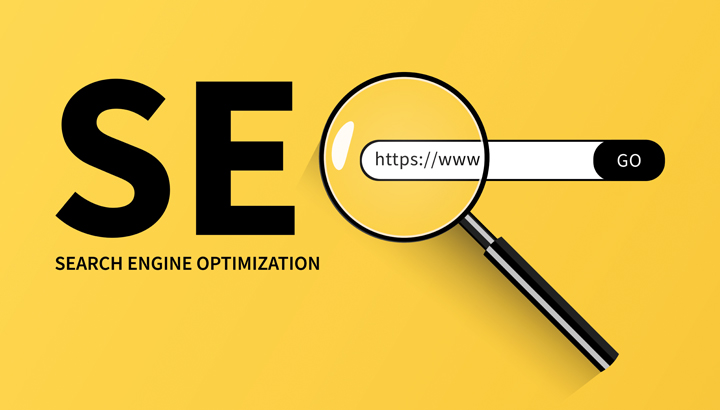
The power of **SEO** lies in its ability to generate organic (free) leads. Unlike paid advertising, which requires continuous investment, organic traffic driven by strong **SEO** provides a sustainable and cost-effective source of potential customers. When users find your website through a search engine, they often perceive it as more credible and trustworthy, especially if your content directly addresses their needs. This trust factor is invaluable in building customer relationships and fostering loyalty.

In today’s intensely competitive online arena, standing out is paramount. **Website optimization** through **SEO** provides a distinct advantage. It allows you to outshine competitors who may not be investing in their online visibility. By consistently improving your site’s search engine performance, you not only attract more users but also build a stronger brand presence and authority within your industry. This sustained effort fosters long-term business growth and resilience, ensuring your business remains relevant and accessible to your target audience.

Furthermore, **SEO** is an integral component of any comprehensive **digital marketing** strategy. It works synergistically with other marketing efforts, such as content marketing, social media marketing, and email marketing, to create a cohesive and powerful online presence. By driving targeted traffic to your website, **SEO** provides a platform for all your other marketing initiatives to thrive and convert visitors into loyal customers. The benefits are clear: increased visibility, higher quality traffic, cost-effective lead generation, competitive advantage, and foundational support for broader **digital marketing** goals.
To delve deeper into these benefits, consider exploring COSE’s insights on SEO in 2025, Mangools’ beginner’s guide to SEO, Push Group’s SEO 101, and Bluehost’s overview of SEO.
The Pillars of SEO: A Comprehensive Breakdown
Effective **search engine optimization** is not a monolithic concept; rather, it’s built upon three interconnected pillars: **On-Page SEO**, **Off-Page SEO**, and **Technical SEO**. Understanding each of these components and how they work together is crucial for developing a well-rounded and successful **SEO** strategy.
On-Page SEO
**On-Page SEO** refers to the practice of optimizing individual web pages to rank higher and earn more relevant traffic in search engines. This involves optimizing both the content and the HTML source code of a page. It’s about making sure your content is relevant, valuable, and easy for both users and search engines to understand.

The foundational step in **On-Page SEO** is **keyword research**. This processlynvolves identifying the specific words and phrases—known as keywords—that your target audience uses when searching for information, products, or services related to your niche. By understanding these search terms, you can tailor your content to meet user intent and ensure your **website optimization** efforts are aligned with what people are actually searching for.
Once keywords are identified, the next crucial step is **content optimization**. This means crafting high-quality, engaging, and informative content that directly addresses the searcher’s needs. It also involves structuring your content effectively with well-crafted titles, compelling meta descriptions, and logical headings (H1, H2, H3, etc.) that are relevant and easy to scan. The goal is to provide value to the user while clearly signaling the topic of your page to search engines.

Furthermore, **internal linking** plays a significant role in **On-Page SEO**. By strategically linking relevant pages within your own website, you help search engines discover more of your content and understand the relationships between different pages. This also improves the **user experience (UX)** by guiding visitors through your site, keeping them engaged, and encouraging them to explore more of what you have to offer. A seamless **user experience (UX)** is vital for keeping visitors on your site longer and reducing bounce rates.
For more on this, check out Mangools’ guide, Push Group’s SEO 101, and Bluehost’s overview.
Off-Page SEO
**Off-Page SEO** encompasses all the activities undertaken *outside* of your website to impact your rankings within search engine results pages. While **On-Page SEO** focuses on what you can control directly on your site, **Off-Page SEO** deals with building your site’s reputation and authority across the web.

The cornerstone of **Off-Page SEO** is **backlinks**. These are links from other reputable websites pointing to your own. Search engines view backlinks as votes of confidence. The more high-quality, relevant backlinks your website has, the more authoritative and trustworthy it appears in the eyes of search engines. Building a strong backlink profile is a continuous process that involves creating valuable content that others want to link to, as well as actively pursuing link-building opportunities through outreach and networking.

Beyond backlinks, other factors contribute to **Off-Page SEO**. **Brand mentions**, even without a direct link, can signal to search engines that your brand is being discussed and recognized online. Similarly, **social signals**, such as shares, likes, and comments on social media platforms, can indicate a site’s popularity and reach, indirectly influencing its perceived authority and visibility. While not direct ranking factors, these signals contribute to overall online presence and brand recognition, which can indirectly benefit your **SEO** efforts.
Explore resources like Mangools’ guide, Bluehost’s overview, and Interaction Design’s topic on search engine optimization for more details.
Technical SEO
**Technical SEO** focuses on optimizing the backend and infrastructure of your website to help search engine crawlers discover, understand, and index your site more effectively. It’s about ensuring that search engines can access and interpret your website without any technical barriers.
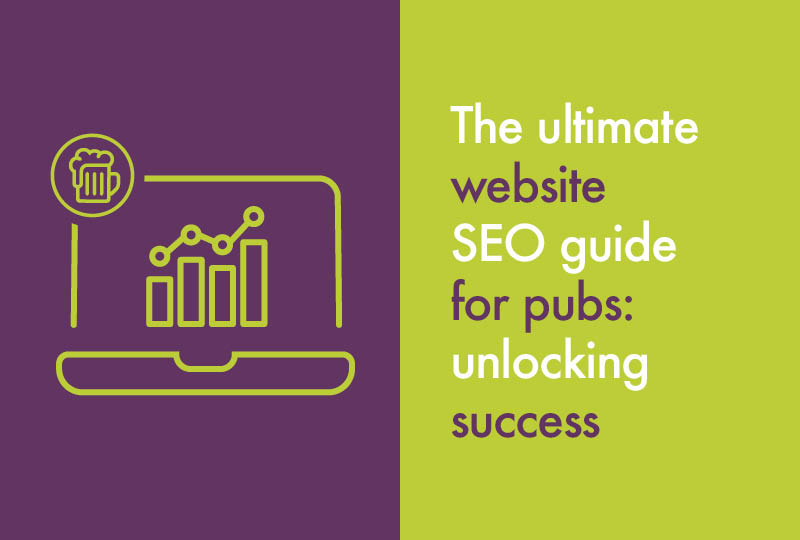
Several critical elements fall under **Technical SEO**. **Site speed** is paramount; a website that loads quickly provides a better user experience and is favored by search engines. **Mobile-friendliness** is equally important, as a vast majority of users access the internet via mobile devices. Your site must be responsive and function flawlessly across all screen sizes. **Crawlability** refers to the ease with which search engine bots can navigate and read your site’s content. If bots can’t crawl your site effectively, they can’t index it, and it won’t appear in search results.
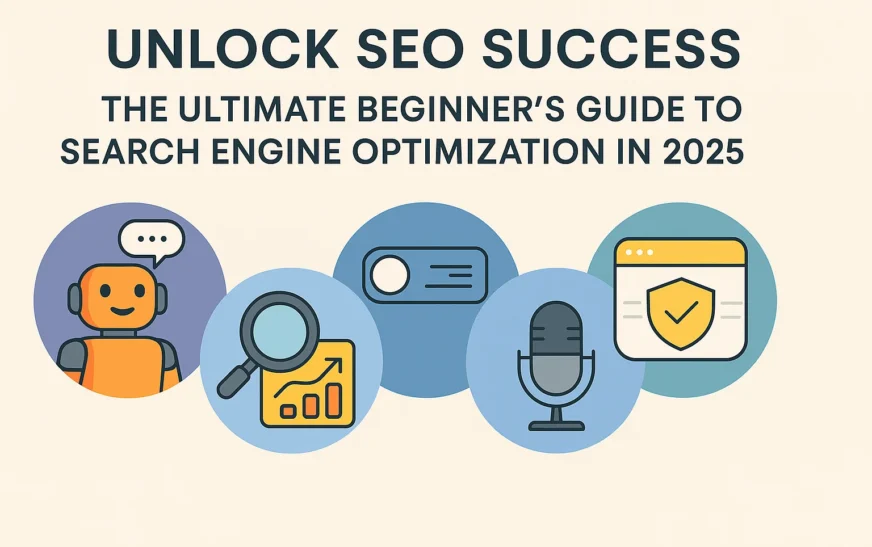
Key technical tools and concepts include **sitemaps** and **robots.txt**. A sitemap is an XML file that lists all the important pages on your website, helping search engines discover and index your content more efficiently. The robots.txt file acts as a set of instructions for search engine bots, telling them which pages or sections of your site they are allowed or not allowed to crawl. Properly configuring these elements ensures search engines can access the content you want them to see and avoid areas you’d prefer to keep private or unindexed. Other technical aspects include site architecture, structured data, and secure browsing (HTTPS).
For further insights, consult COSE’s insights, Mangools’ guide, Bluehost’s overview, and Google’s SEO Starter Guide.
Actionable SEO Tips for Immediate Improvement
Implementing **SEO** doesn’t have to be an overwhelming task. By focusing on actionable strategies, you can begin to see improvements in your **website optimization** and search engine rankings relatively quickly. Here are some practical **SEO tips** you can start using today:
- Target Relevant Keywords: Don’t guess what people are searching for. Conduct thorough **keyword research** to identify the precise terms and phrases your audience uses when looking for information, products, or services related to your niche. This is the bedrock of effective **SEO tips** and **website optimization**.
- Create High-Quality, User-Focused Content: Your content is king. Develop content that directly answers user questions, solves their problems, and fulfills their search intent. Ensure it’s not only informative but also engaging and easy to read. Quality content is a cornerstone of successful **SEO tips** and **website optimization**.
- Optimize On-Page Elements: Make sure your meta titles, meta descriptions, and headings (H1, H2, etc.) are clear, concise, and compelling. Incorporate your target keywords naturally to improve click-through rates and signal relevance to search engines. These are fundamental **SEO tips** for **website optimization**.
- Improve Site Speed and Mobile Optimization: A slow-loading website or one that’s difficult to use on a mobile device will deter visitors and negatively impact your rankings. Ensure your site loads quickly and is fully responsive across all devices. This is a critical aspect of **SEO tips** for **website optimization**.
- Build Quality Backlinks: Actively seek opportunities to earn links from other reputable websites. This can be achieved through creating shareable content, guest blogging on relevant sites, and engaging in digital PR. High-quality backlinks are a powerful signal for **SEO tips** and **website optimization**.
- Regularly Audit Your Site: Perform routine checks for technical issues such as crawl errors, broken links, and duplicate content. Promptly addressing these issues is crucial for maintaining optimal website performance and is a vital component of **SEO tips** for **website optimization**.
- Enhance User Experience (UX): Make your website easy to navigate, visually appealing, and intuitive to use. A positive user experience encourages visitors to stay longer, engage more, and ultimately convert, which search engines view favorably.
- Leverage Internal Linking: Strategically link to other relevant pages on your website from your new content. This helps distribute link equity, improves crawlability, and keeps users on your site longer, all contributing to effective **SEO tips** and **website optimization**.
- Utilize Schema Markup: Implement schema markup to provide search engines with more context about your content. This can lead to rich snippets in search results, increasing visibility and click-through rates.
- Monitor Your Performance: Use tools like Google Analytics and Google Search Console to track your website’s performance, identify areas for improvement, and measure the impact of your **SEO** efforts. This data-driven approach is key to refining your **SEO tips** and **website optimization**.
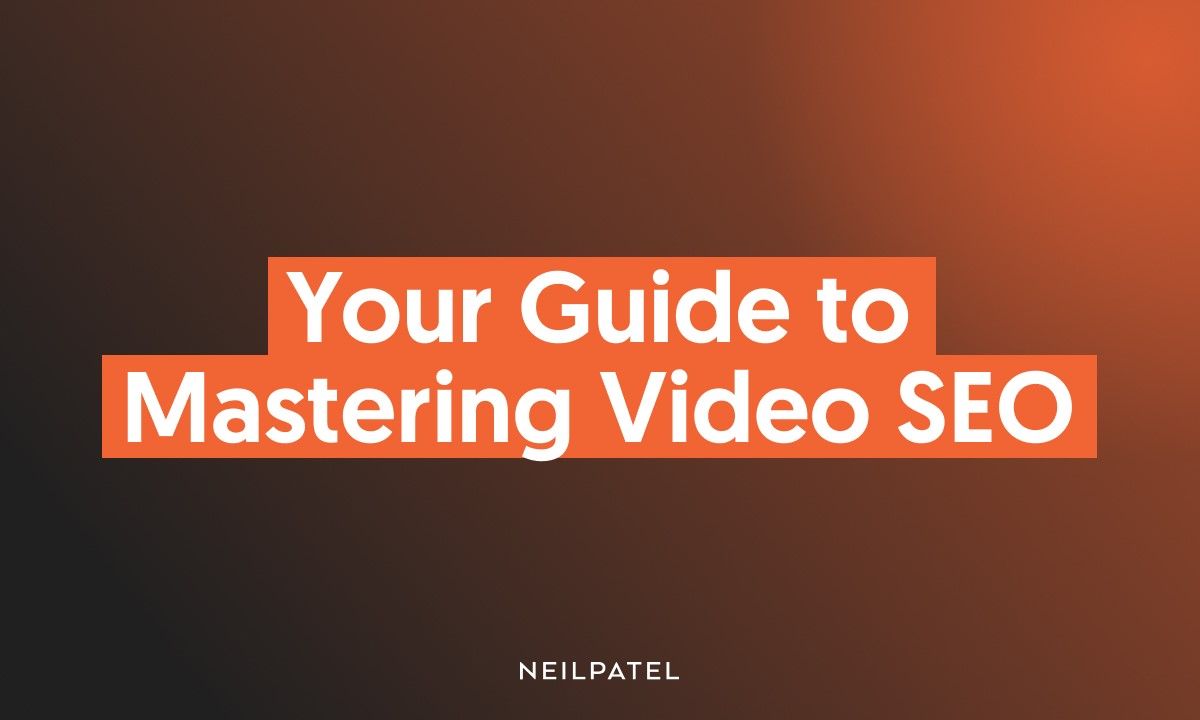
These **SEO tips** provide a solid foundation for enhancing your online presence. Remember that consistency is key, and by applying these strategies regularly, you’ll steadily improve your **website optimization** and drive more targeted traffic.
For more practical advice, refer to Mangools’ guide, Push Group’s SEO 101, and Bluehost’s overview.
SEO: A Continuous Journey, Not a Destination
It’s crucial to understand that **SEO** is not a one-time project you complete and then forget about. Instead, it’s a dynamic and ongoing process that requires continuous monitoring, diligent analysis, and a willingness to adapt. The digital landscape is in constant flux, and what works today might need adjustments tomorrow.
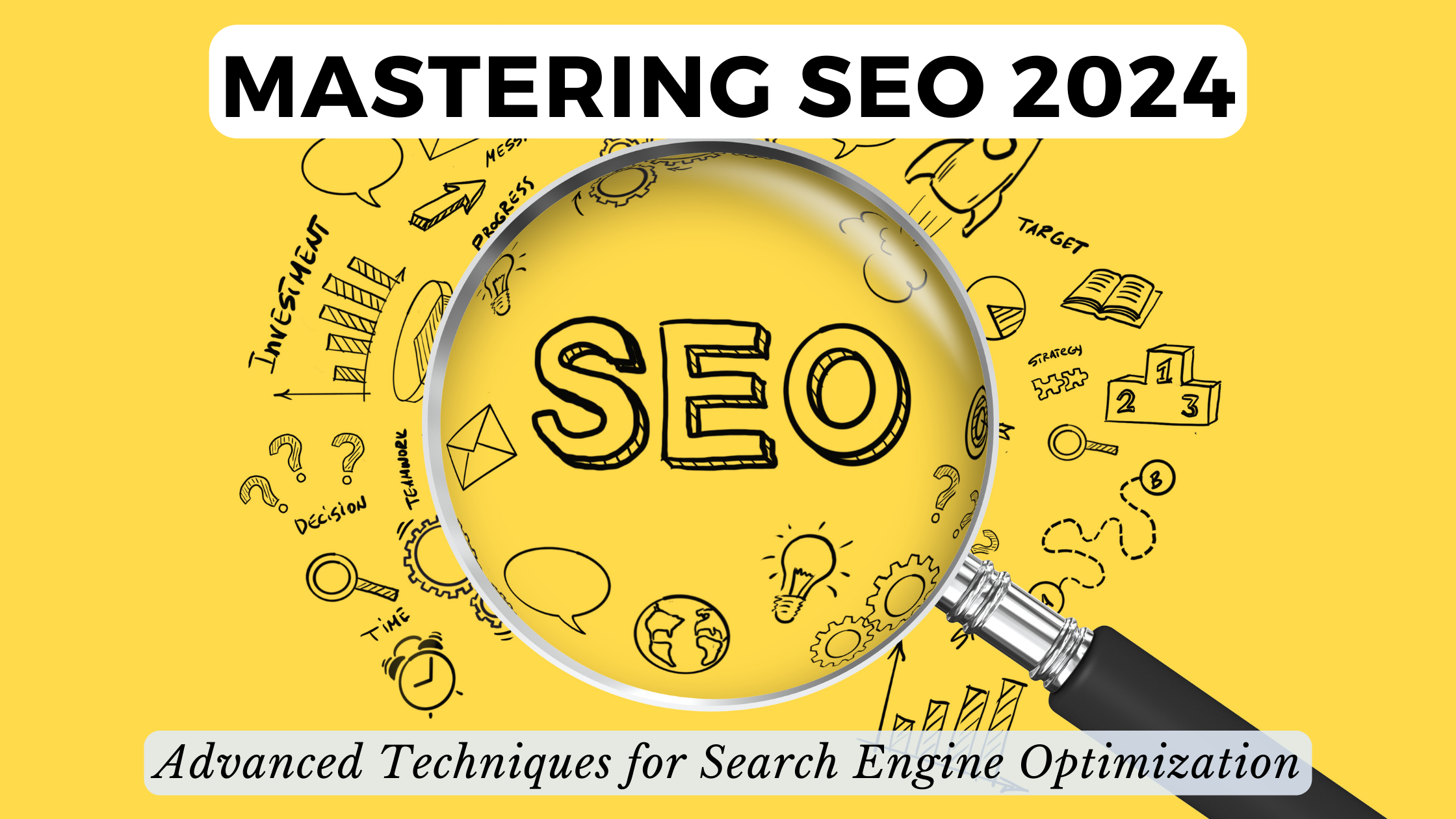
Search engine algorithms are sophisticated and are regularly updated to provide users with the most relevant and useful results. Simultaneously, user behaviors and search patterns evolve as technology advances and new trends emerge. This ever-changing environment necessitates that **SEO strategies** must also be dynamic. Regularly reviewing your performance metrics and staying informed about algorithm updates and industry best practices are essential for sustained success.
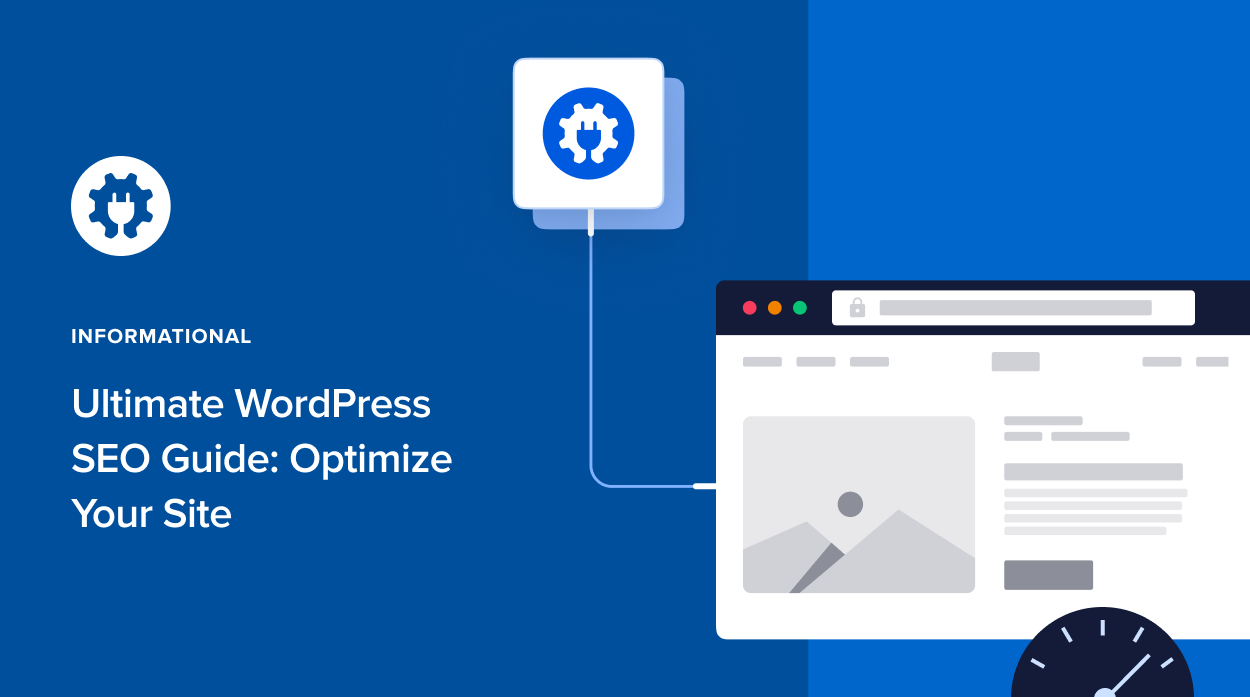
To effectively navigate this evolving landscape, leveraging analytics tools is non-negotiable. Tools like Google Analytics and Google Search Console are invaluable for tracking key performance indicators. You can monitor changes in your website’s rankings, analyze traffic trends, understand user engagement metrics (like bounce rate and time on page), and identify technical issues. This data provides the insights needed to make informed decisions and adjust your **SEO strategies** for optimal results.

Consistently focusing on **website optimization** and regularly updating your content are the cornerstones of maintaining and growing your online presence. By continually refining your website, creating fresh and relevant content, and adapting to the latest **search engine optimization** best practices, you ensure that your site remains visible and competitive. This ongoing commitment is what supports long-term **digital marketing** success and allows your website to reach its full potential.
Staying current with **search engine optimization** best practices is not merely recommended; it’s vital for sustained visibility and achieving your online objectives. The journey of **SEO** is one of continuous learning and iterative improvement, ensuring your website remains discoverable and effective in the long run.

For more on this perspective, consider the insights from COSE’s insights on SEO in 2025, Mangools’ beginner’s guide to SEO, Bluehost’s overview of SEO, Interaction Design’s topic on search engine optimization, and Push Group’s SEO 101.
Final Thoughts on SEO
To reiterate, mastering **SEO** is not an optional extra; it is a fundamental requirement for anyone serious about achieving online success. Its direct impact on **website visibility**, its power to drive targeted traffic, and its amplification of overall **digital marketing** efforts make it an indispensable tool in your online arsenal.
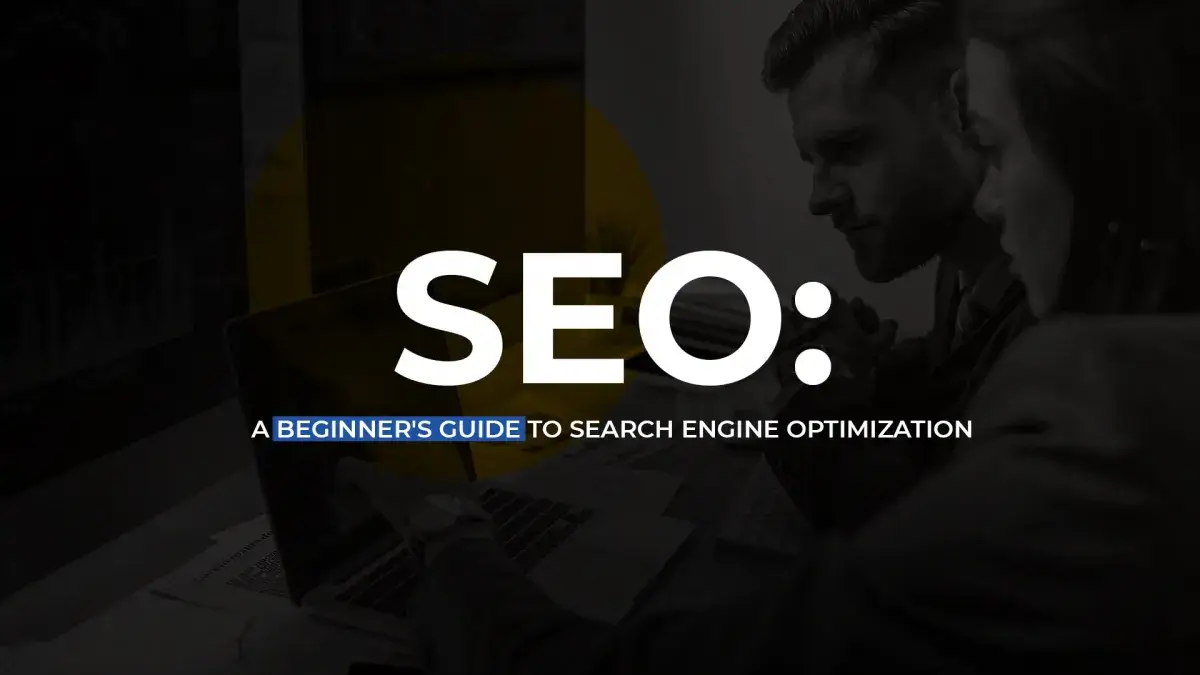
Remember that ongoing **website optimization** and an unwavering commitment to best practices are absolutely essential. These efforts are what unlock a website’s true potential, allowing it to connect with the right audience and achieve its intended goals. It’s about building a robust and discoverable online presence that works for you day in and day out.

We encourage you to take proactive steps. Whether that means dedicating time to delve deeper into learning about **SEO**, actively implementing the **SEO tips** shared in this guide, or considering professional guidance to refine your strategy, the important thing is to start. The sooner you begin optimizing your online presence, the sooner you’ll see the benefits.

Consider sharing this post with your network to spread the knowledge on effective **search engine optimization**, or explore our [link to related service/resource] for more in-depth strategies and tailored solutions to further enhance your online success.
For a comprehensive understanding and to reinforce these concepts, please refer to the following valuable resources: COSE’s insights on SEO in 2025, Mangools’ beginner’s guide to SEO, Push Group’s SEO 101, Bluehost’s overview of SEO, and Interaction Design’s topic on search engine optimization.

“`






